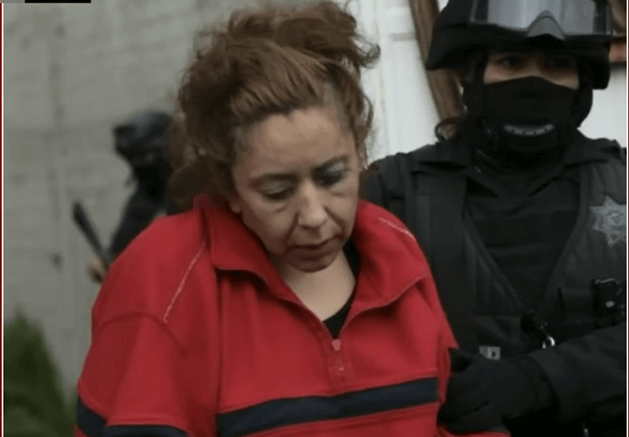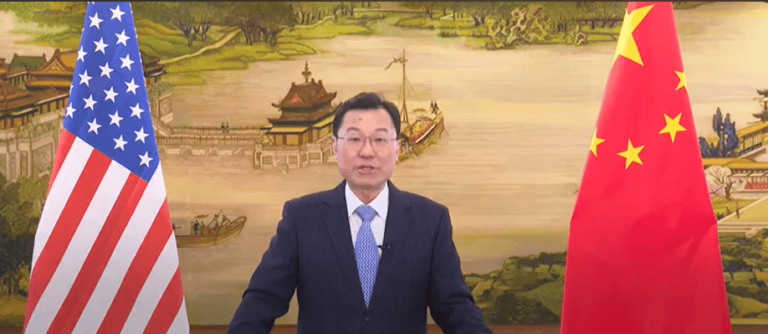 |
| Mexican flag |
The Constitution’s article 3 has a section on education that establishes a number of criteria for guiding education in our nation, including standards based on scientific development, the fight against ignorance and its ramifications, slavery, extremism, and prejudice. Also noted is that education would be democratic, “seeing democracy not only as a legal framework and political system, but also as a way of life based on the continuous economic, social, and cultural advancement of the people.”
This implies, theoretically, that education should lead to greater political development and increased citizen participation, whether in the exercise of our right to vote in elections, in the oversight of the management of our rulers and representatives, or in the formulation of public policies for the benefit of society. However, in terms of democratic growth, we are still a long way from making substantial strides forward.
This was demonstrated by the first mandate revocation process in Mexico, which took place in the midst of disqualifications of the constitutional body in charge of organizing the election, the open promotion to participate in the election, which was in violation of the Constitution, accusations of carrying voters or the alleged use of public resources and coercion of public servants, among other things.
It is critical to recognize that the core of a democratic education is one of liberty and choice. As a result, it is critical to educate individuals on their rights and the legal tools available to them in order to enforce those rights, as well as to provide mass media with opinion leaders who advocate these democratic principles. The phrase “individual and communal self-determination” refers to “the degree of moral autonomy that stimulates and facilitates human growth, as well as the ability to take responsibility for one’s own decisions,” according to Robert Dahl.
It is impossible to have a representative democracy as long as people are not allowed to use their right to vote freely. The constitutional tool of mandate revocation ostensibly conferred authority on the whole population. In the words of Norberto Bobbio, “a democratic system defined by revocable representatives is a kind of representative democracy, but since these representatives are revocable, it is very near to direct democracy.” He goes on to say that
The conclusion might be drawn that education is not democratic in a society where fewer than 20% of those on the Nominal List of Electors participated and where the exercise of recall became an exercise of confirmation of the mandate. Dieter Grimm, a law professor and former president of the Federal Constitutional Court of Germany, asserts that democracy does not imply that the people govern themselves, because the larger the society and the greater the depth of its functional differentiation, the greater the need for an independent system of government and administration. a professional who specializes in political matters So that particular bodies and officials may carry out government tasks, the people themselves draw their authority from the people and use it on their behalf, the people themselves remain accountable to those to whom they are responsible.
When will there be specialized and honest governments that react to the needs of the Mexican people? Until such time as we achieve democratic schooling.
Author : Alfonso Perez Daza , UNMA Academic









+ There are no comments
Add yours